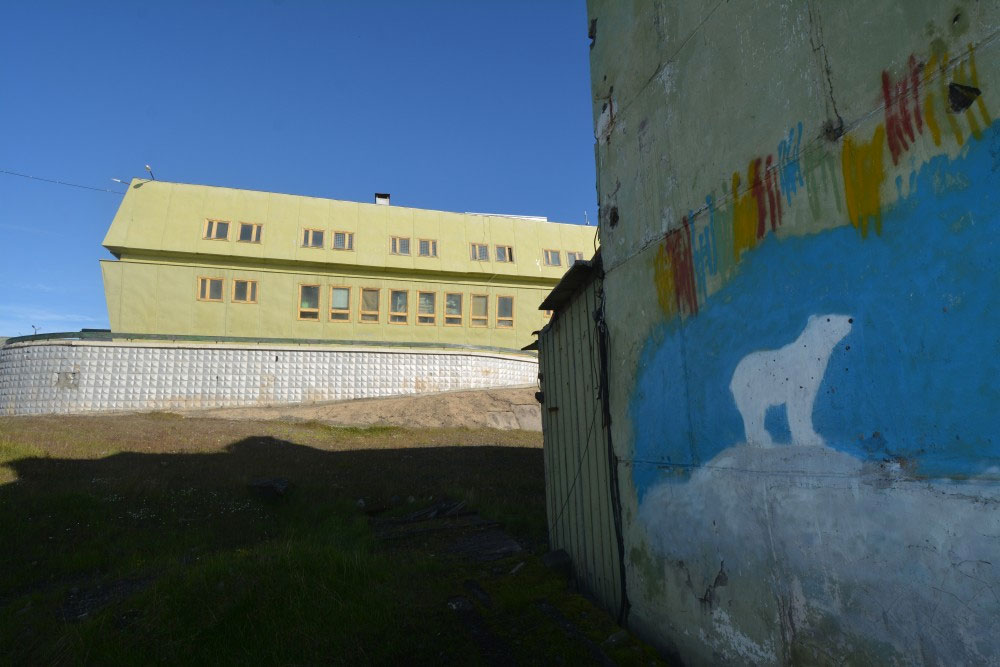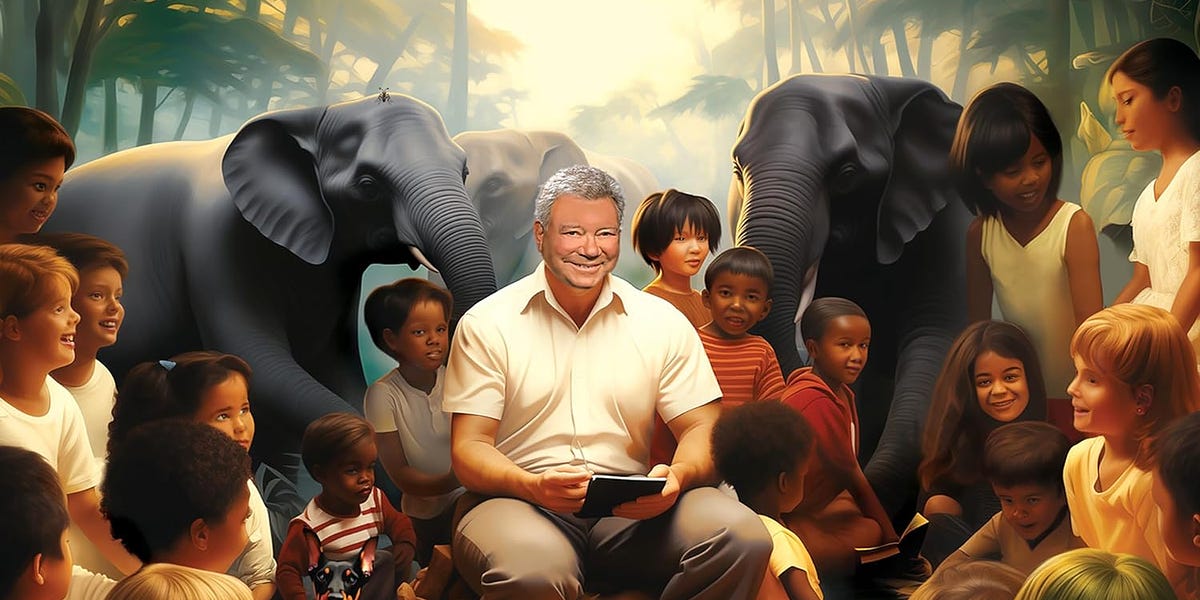
Hidden carbon layer may have sparked ancient bout of global warming
There is no perfect parallel in Earth’s past for present-day climate change—human-driven warming is simply happening too fast and furiously. The closest analog came 56 million years ago, when over the course of 3000 to 5000 years, greenhouse gases soared in the atmosphere, causing at least 5°C of warming and pushing tropical species to the poles.
The cause of the Paleocene-Eocene Thermal Maximum (PETM) has long been debated, with researchers invoking exotic mechanisms such as catastrophic releases of methane from the sea floor or even asteroid strikes. But over the past few years, evidence has mounted for a more prosaic culprit: carbon-spewing volcanoes that emerged underneath Greenland as it tore away from Europe. Now, researchers have found signs of an effect that would have supercharged the warming effect of the volcanoes, making them a stronger suspect. The underside of Greenland is thought to be encrusted with carbon-rich rocks, like barnacles on the keel of a ship. During the rifting, they might have liberated a gusher of carbon dioxide (CO2), says Thomas Gernon, a geologist at the University of Southampton and leader of the new study. “It’s a perfect storm of conditions.”
The PETM has long fascinated paleoclimatologists. “Since dinosaurs kicked the bucket, this is the biggest global warming event we have,” says Pincelli Hull, a paleoclimate scientist at Yale University. It can yield clues to how quickly Earth warms as greenhouse gas levels rise and how climate extremes alter ecosystems. But the comparison to today isn’t exact. Although the total release of carbon during the PETM exceeded the total of today’s known oil and gas reserves, it was slower than today’s surge of greenhouse gases and drove more gradual warming. Life had more time to adapt than it does today: Fossil records show trees migrated uphill and to higher latitudes, with animals following in their wake, even as tropical corals disappeared and ecosystems wholly changed.

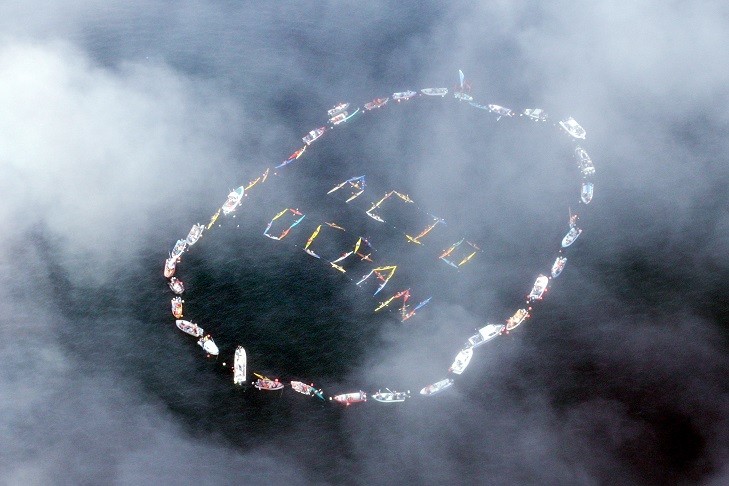
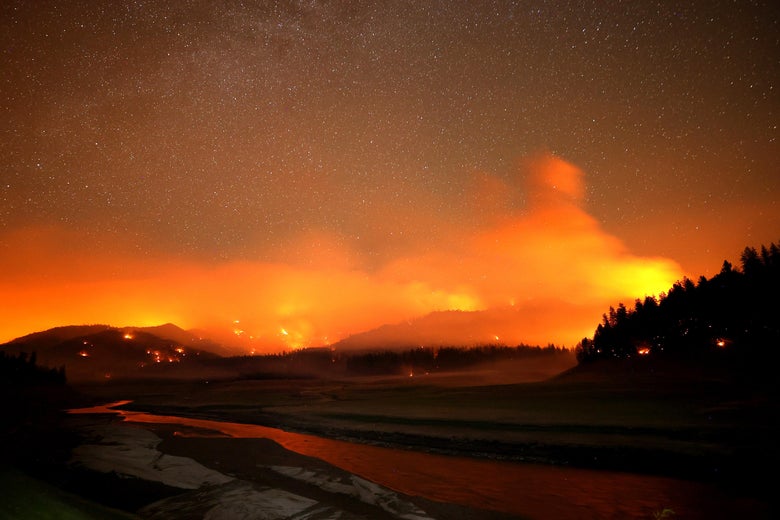
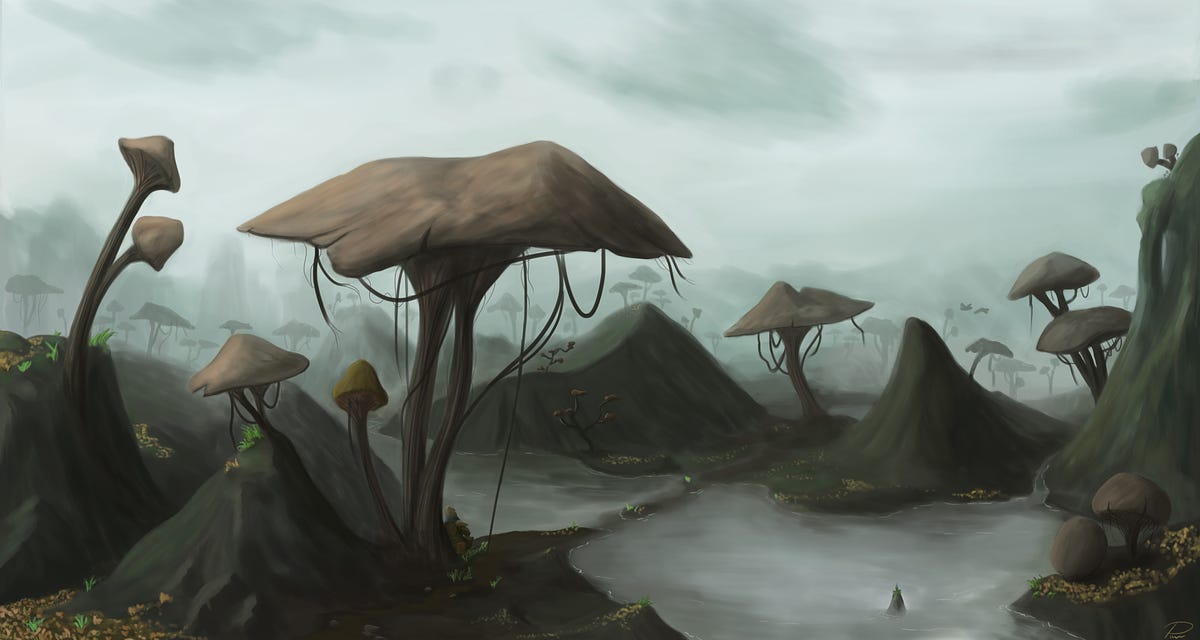


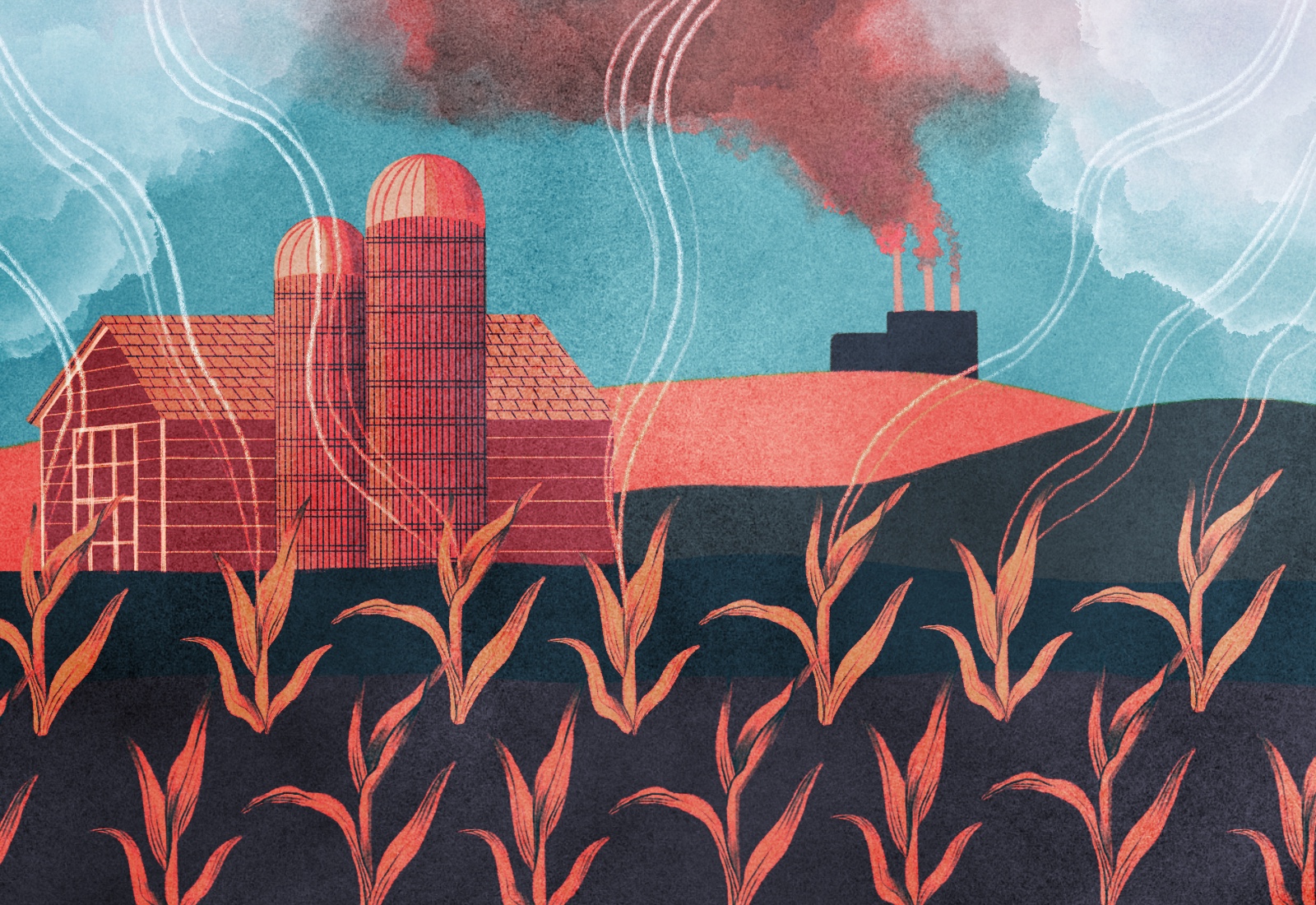
/cloudfront-us-east-2.images.arcpublishing.com/reuters/O46IVMNO6BKYZEQQBCUX5PBSVM.jpg)
